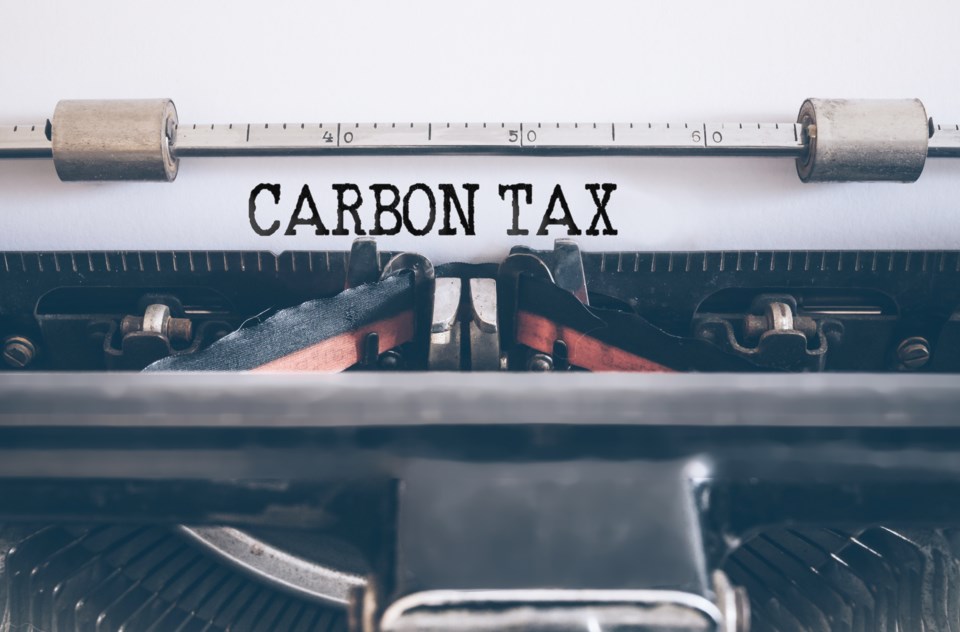Carbon pricing in this country — what most of us call the carbon tax — continues to be a political lightning rod.
It has become increasingly popular for premiers, the leader of the federal opposition and farm groups to blame a wide range of problems on the tax.
A follower of current affairs could easily conclude that the carbon tax is wildly unpopular in this country. It is taking the blame for everything from food inflation to unaffordable heating bills to sticker shock at the gas pump.
A couple of developments have recently pushed the issue to the forefront.
The federal government’s decision to exempt home heating oil in Atlantic Canada, where it is widely used, caused outrage in the rest of the country. Some accused the Liberals of favouring that region to shore up political support.
Then there is the ongoing controversy in the Senate over a private member’s bill that would exempt from the carbon tax all propane and natural gas used on farms to dry grain and heat and cool barns and greenhouses.
The bill was approved largely with the help of opposition parties and over objections from the Liberals, which argued that exceptions defeat the purpose of carbon pricing.
That’s exactly what they’re doing with home heating oil, but the irony seems to be lost on them.
The opposition parties got their way in the House of Commons because of the government’s minority position, and the bill went to the Senate.
That’s where the trouble started.
One procedural roadblock after another has stalled the bill’s progress in the Senate, and many suspect it is another attempt by the Liberals to stop the exemption.
The Senate shenanigans have outraged proponents of the bill, and rightly so. Even so, one has to wonder if many of those who want a carbon tax carve-out on on-farm propane and natural gas are the same people who are furious over the carve-out for home heating oil.
And there, in a nutshell, is the state of affairs involving attempts to reduce greenhouse gas emissions in this country.
Is carbon pricing in its current form doing what it was originally intended to do — change consumer behaviour?
If the idea is to encourage consumers to use less fossil fuel by making it more expensive, what do we do in situations, such as grain drying, where there is no alternative?
What do rural residents do when there is no alternative to the fossil fuel needed to drive from Point A to Point B?
It is time to go back to the drawing board and find a way to change consumer behaviour while also not putting people in a serious bind.
But while the “axe-the-tax” mantra grows louder, also remember that 60 percent of voters in the last federal election chose a party that campaigned in favour of carbon pricing.
That means most Canadians want to do something to reduce greenhouse gas emissions, and they will still want to do something even if the carbon tax is axed.
Carbon pricing is unpopular, but economists often tout it as the solution that is the most conservative, the most market friendly and the most effective.
If we get rid of the carbon tax, do we risk replacing it with an emissions-reduction plan that is even more expensive and onerous, particularly for farmers?
Fine-tuning our strategy is a good idea, but let’s ensure the solution doesn’t make things worse.
Karen Briere, Bruce Dyck, Barb Glen, Michael Robin, Robin Booker and Laura Rance collaborate in the writing of Western Producer editorials.
SASKTODAY.ca is Saskatchewan's home page. Bookmark us at this link.




